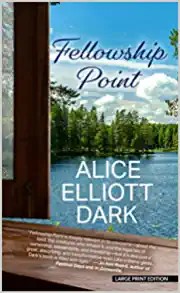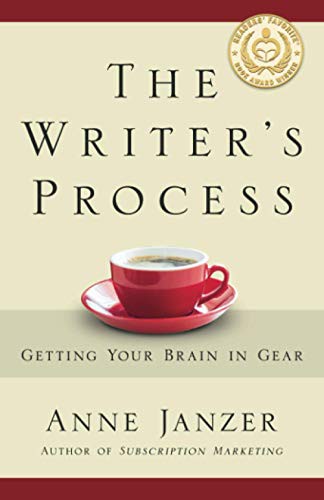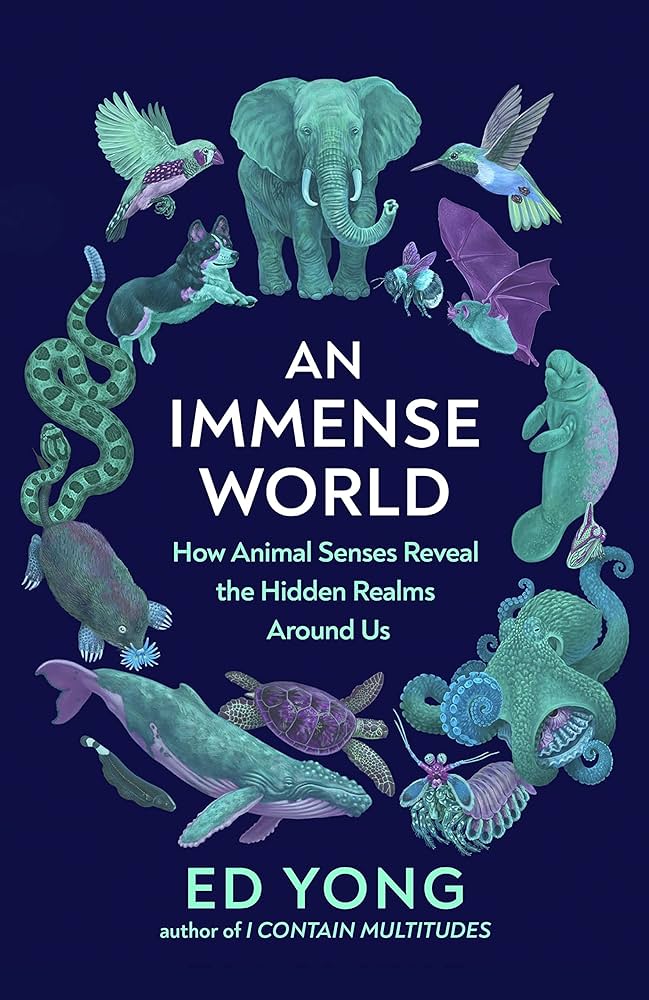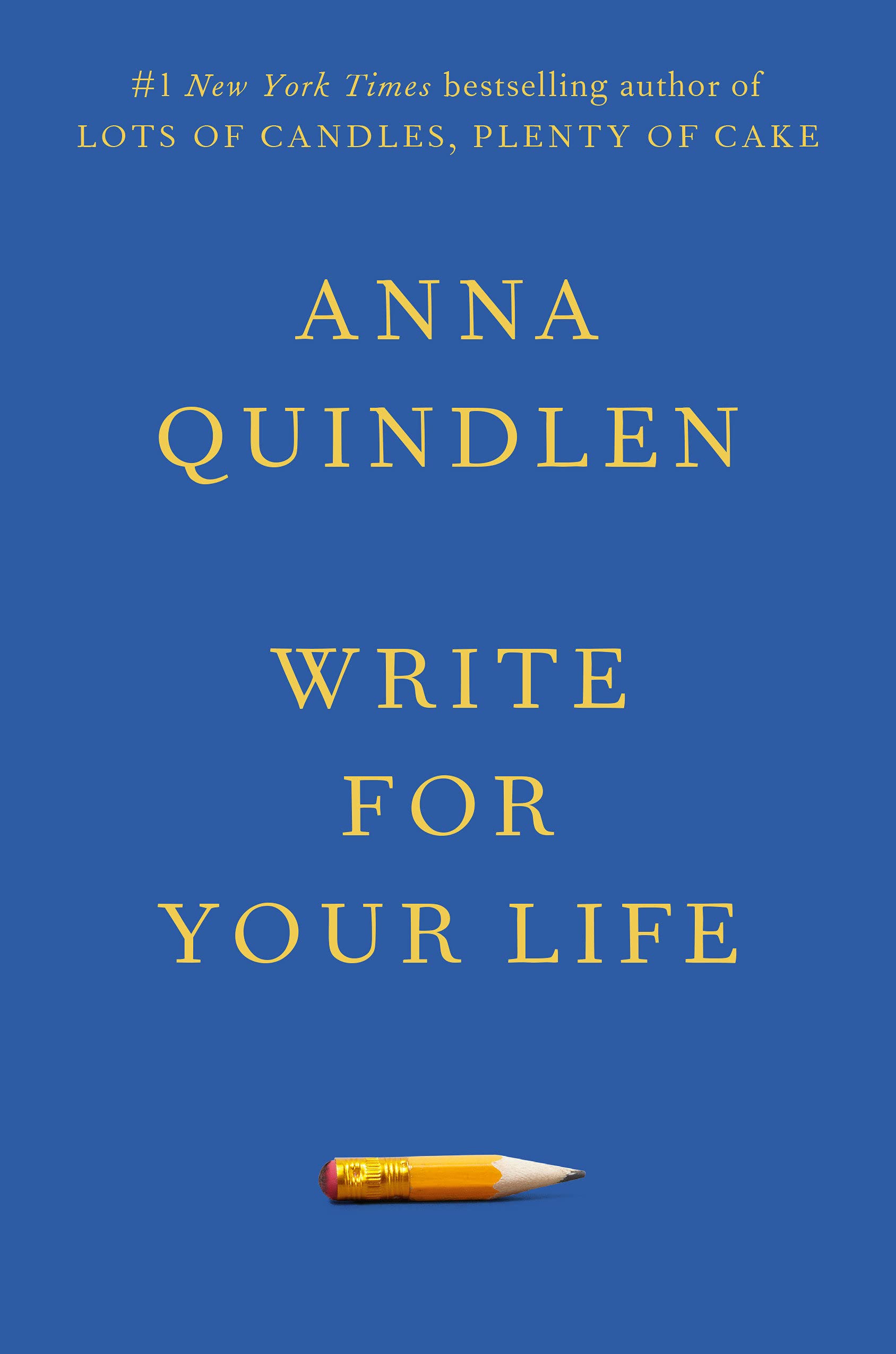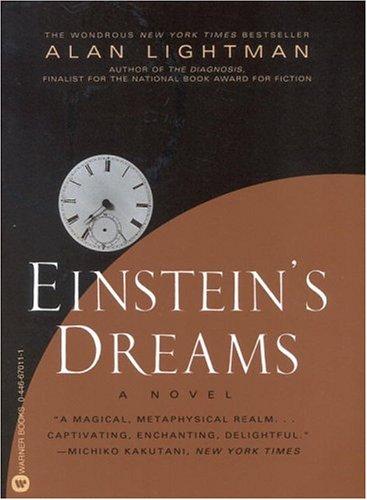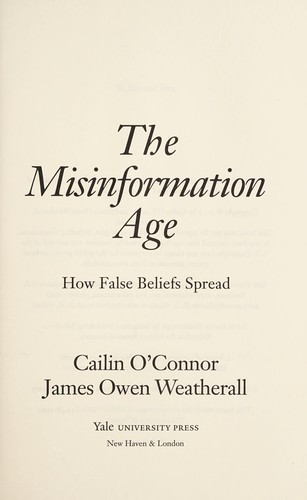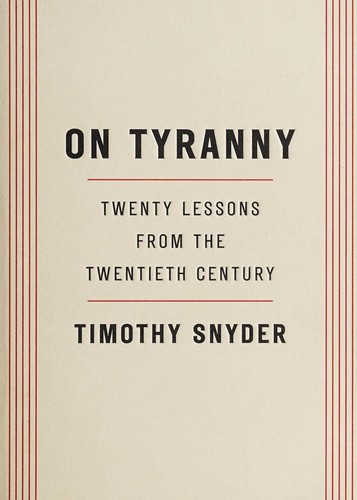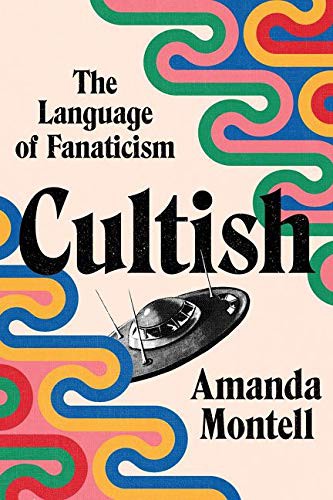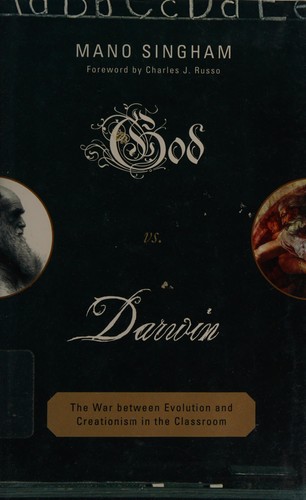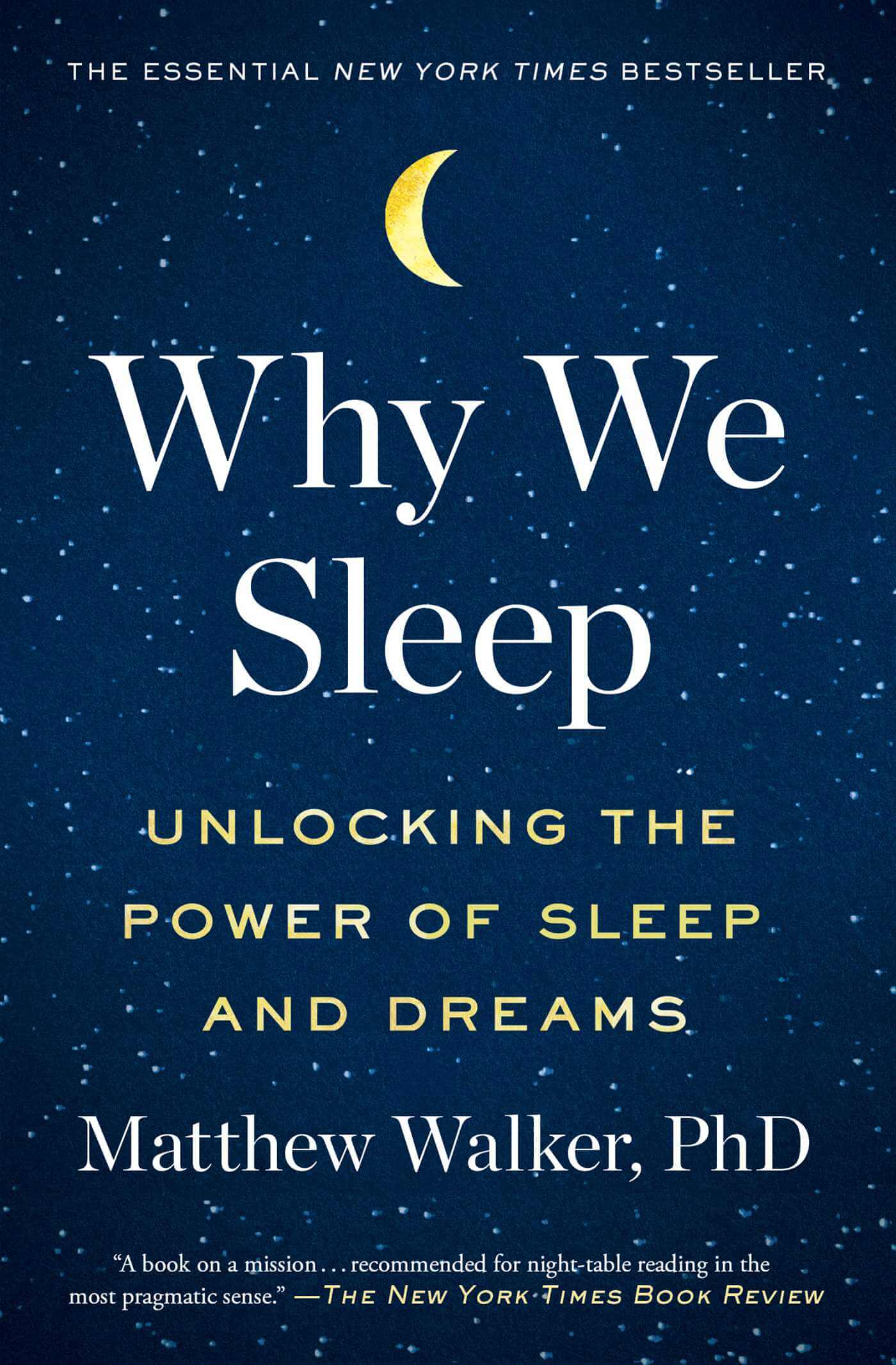Nibsy reviewed Fellowship Point by Alice Elliott Dark
Heartwarming on the surface but seething down below
2 stars
Fellowship Point is a peninsula off the coast of Maine, once held by a proud indigenous hunting community before being taken over by rich American aristocrats—the Fellowship founders. The Fellowship established five grand manors on the peninsula, allowing the partners and their descendants to conserve the natural wonders of the Sank—now a bird sanctuary, but once a fertile hunting ground for the peninsula's rightful stewards.
The story follows two of the founding partners' descendants, Agnes and Polly, who were life-long friends, but now in their eighties, faced with the prospect of their own mortality and the conundrum of what to do with Fellowship Point once they're gone. Polly's children wish to dissolve the fellowship and develop the land for profit, as does the only other known descendant, Archie. Agnes has no children and fears that once she's gone, all her and her ancestors' conservation efforts would be for naught.
On …
Fellowship Point is a peninsula off the coast of Maine, once held by a proud indigenous hunting community before being taken over by rich American aristocrats—the Fellowship founders. The Fellowship established five grand manors on the peninsula, allowing the partners and their descendants to conserve the natural wonders of the Sank—now a bird sanctuary, but once a fertile hunting ground for the peninsula's rightful stewards.
The story follows two of the founding partners' descendants, Agnes and Polly, who were life-long friends, but now in their eighties, faced with the prospect of their own mortality and the conundrum of what to do with Fellowship Point once they're gone. Polly's children wish to dissolve the fellowship and develop the land for profit, as does the only other known descendant, Archie. Agnes has no children and fears that once she's gone, all her and her ancestors' conservation efforts would be for naught.
On the surface, this is a story about diverging generational and cultural values, environmental conservation and stewardship, aging, and the complexities of life-long friendships. But this book is richly layered in symbolism and metaphor, and at its core, it's a searing misandrist diatribe. With few exceptions (i.e., Robert the handyman, and Seeley, Archie's wife), men are portrayed as bumbling twits, underhanded money grubbers, or corporate shills, while women are portrayed as victims, innocent do-gooders, and the only sensible voices.
There's no doubt that Dark is a talented author. She deftly piled layer after layer of texture and nuance to a heart-warming story. But I found the underlying themes deeply disturbing and, frankly, unnecessary. I'm sure there's an appetite for this kind of vitriolic brow-beating, however cleverly disguised, but not from me.

